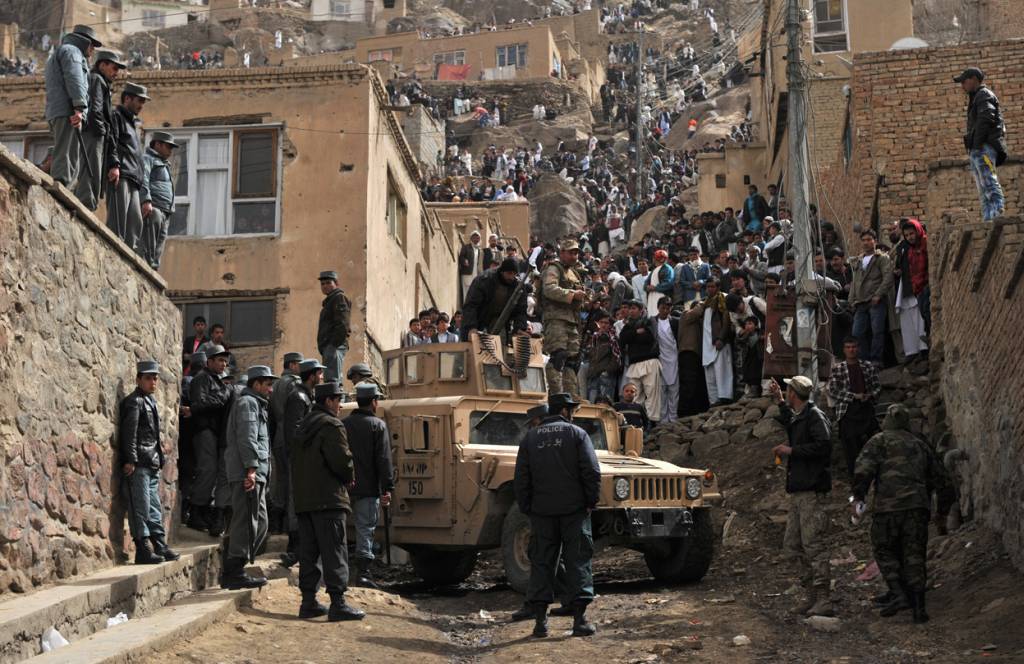A year after officially taking over the fight against Taliban and other insurgent forces in Afghanistan, local security troops have scored only “mixed results,” a US general said Tuesday.
Despite billions of dollars in training, donated equipment and assistance over more than a decade, Afghan troops still are having trouble in many situations, said Brigadier General Wilson Shoffner, a top spokesman for the US military in Afghanistan.
“Our assessment of their performance in 2015 is that they had mixed results,” Shoffner told Pentagon reporters in a video call.
Thirteen years after a US-led coalition invaded Afghanistan with the goal of toppling the Taliban and smashing Al-Qaeda, local Afghan forces began leading the fight at the start of 2015, with thousands of Western troops remaining in a “train, advise and assist” role.
Shoffner said the Afghans had done “fairly well” whenever they conducted planned operations, but they performed poorly in response to crisis situations.
“It required more time to get forces in position, and then it required more time to stabilize the situation,” he said.
“That remains one of their weaknesses and one of the areas they’re going to have to continue to focus on into 2016,” he added.
Still, he noted Afghan special forces troops had become “increasingly capable” and cited two raids where they performed “flawlessly.”
Last year saw several brazen Taliban attacks, including the lightning takeover of Kunduz in September. Afghan forces quickly pushed them back in a counterattack supported by US and other Western troops.
Today, the Taliban maintain control in nine out of 404 Afghan districts and “have influence” over about 17 others, Shoffner said. Further, he warned the so-called Islamic State is now “operationally emergent” in Afghanistan.
The jihadists have in recent months been expanding their area of operations beyond Iraq and Syria and launched attacks in several countries including Libya and Afghanistan.
Shoffner said IS fighters were trying to establish a base in Nangarhar province in eastern Afghanistan, near the Pakistan border.
“We have seen Daesh in other parts of the country,” he added, using an Arabic acronym for the IS group.
“What we’ve seen … are small pockets that mainly consist of low-level recruiting and propaganda; we haven’t seen it organized. We’re not seeing a significant amount of money coming into Afghanistan to support Daesh.”
– Intractable corruption –
Adding to the Afghan forces’ woes is a corrupt chain of command in some units and an overall shortage of about 25,000 recruits needed to fill the ranks of the Afghan national army and national police force.
Many troops simply quit or decide not to re-enlist, Shoffner said — often because they aren’t even getting paid.
“If they can address the attrition issue, that’s getting the leadership to make sure that soldiers are paid, that they’re fed and that they get their proper leave and they’re treated properly, that’ll go a long way to retaining the soldiers that they have,” he said.
Shoffner noted the Afghan air force last week took delivery of the first four of 20 A-29 Super Tucano close air support aircraft it ordered.
“This will be a significant increase in their capability to provide their own close air support,” he said.









